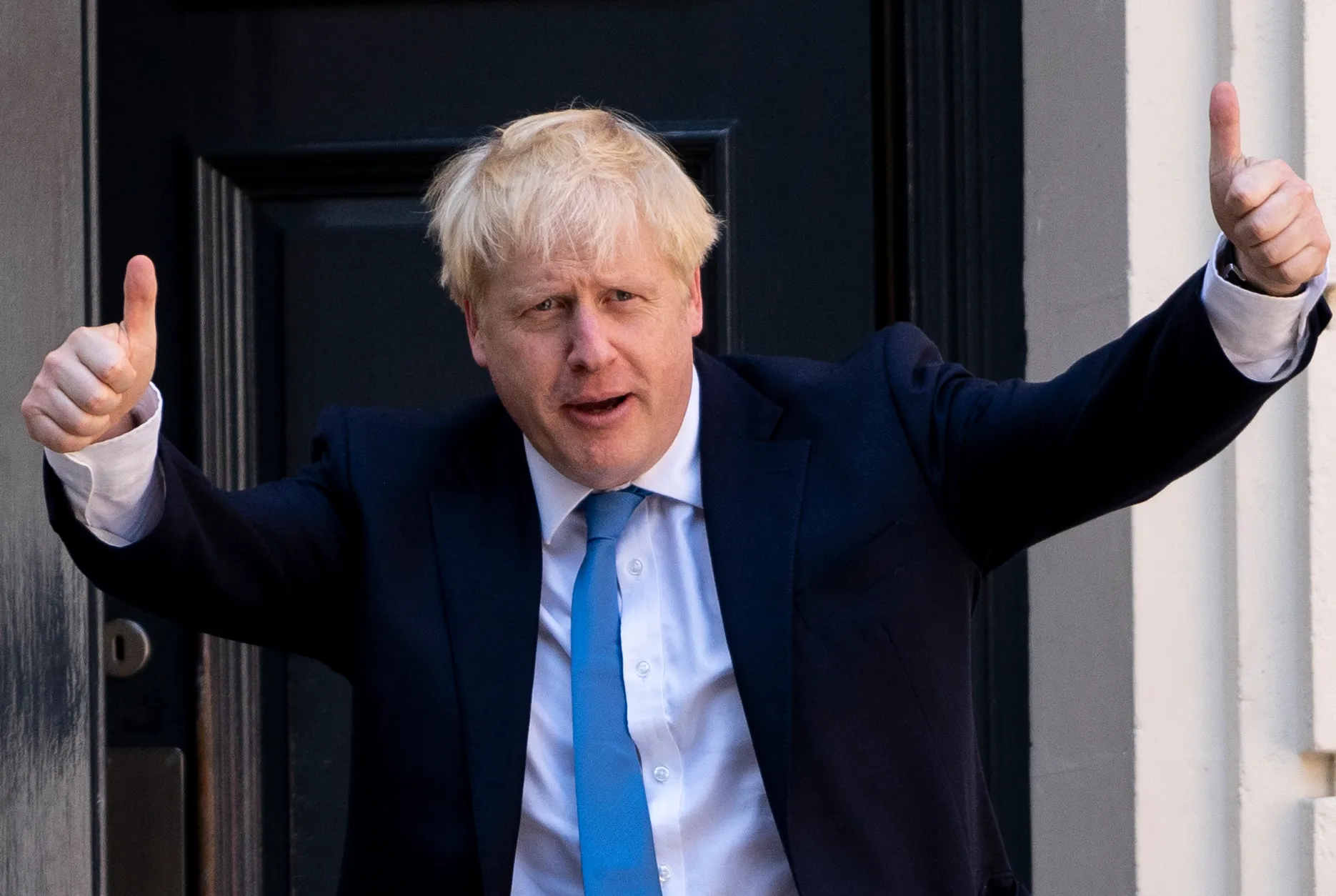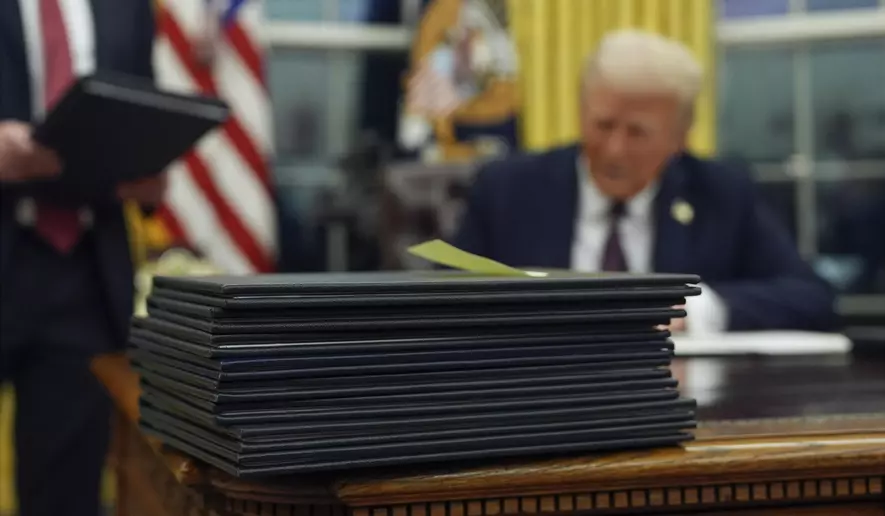iqsafe.info – Boris Johnson’s tenure as Foreign Secretary of the United Kingdom from 2016 to 2018 was one of the most high-profile and eventful periods in his political career. Appointed by then-Prime Minister Theresa May, Johnson served as the UK’s chief diplomat during a time of significant political change and international turbulence. This article explores Boris Johnson’s time as Foreign Secretary, his key foreign policy actions, challenges, controversies, and his broader impact on Britain’s international relations.
The Appointment of Boris Johnson as Foreign Secretary
1. Background and Appointment
In July 2016, after the UK’s Brexit referendum, Prime Minister David Cameron resigned, and his successor, Theresa May, took office. One of May’s first major decisions was to appoint a new cabinet, and one of the most significant appointments was that of Boris Johnson as Foreign Secretary. Johnson, who had been one of the leading figures in the Vote Leave campaign, had a long history of political and public service but was a divisive figure within British politics.
His appointment was both surprising and controversial. Johnson was known for his brash personality, often controversial remarks, and his previous work as Mayor of London and Member of Parliament (MP). His pro-Brexit stance made his position as Foreign Secretary particularly notable, as he would play a central role in navigating the UK’s exit from the European Union (EU) and its future relationships with the world.
Despite his unorthodox approach to diplomacy, May’s decision to appoint Johnson was seen as a pragmatic move to unite the Conservative Party after the turmoil of the Brexit referendum and to appease the Brexiteers within her party. Johnson’s charisma and media presence made him an appealing figure to represent the UK on the world stage.
2. Context of the Role
The role of Foreign Secretary is one of the most prestigious and demanding in British politics. As the UK’s principal diplomat, the Foreign Secretary represents the country in global affairs, manages relations with foreign governments, and handles critical international issues. Johnson inherited this responsibility at a time when the UK was in the midst of Brexit negotiations, making his position even more pivotal.
As Foreign Secretary, Johnson was tasked with navigating the Brexit negotiations and maintaining the UK’s relations with the EU and other international partners. Additionally, he had to balance the priorities of Brexit with global issues such as terrorism, climate change, and the Middle East, all while trying to maintain the UK’s diplomatic influence.
Key Foreign Policy Actions and Initiatives
1. Brexit and Its Impact on Foreign Relations
Boris Johnson’s time as Foreign Secretary coincided with the beginning of the complex process of Brexit—the UK’s decision to leave the European Union. Brexit was the defining issue of British politics, and Johnson played a central role in representing the UK’s stance on the international stage.
One of Johnson’s primary goals was to ensure that the UK would be able to strike trade deals with countries outside of the EU once it had officially left the union. He championed the idea of a Global Britain, advocating for the UK’s ability to independently forge relationships with countries such as the United States, India, and Australia. Johnson frequently emphasized the importance of the UK being free to shape its future outside of the EU’s regulatory framework.
However, his outspoken support for Brexit also led to friction with other political figures, both within the government and internationally. His often combative rhetoric and hardline stance on leaving the EU without compromising on issues like immigration and trade agreements were sources of tension in his relations with European counterparts.
2. The Salisbury Poisoning and Diplomatic Response
One of the most significant international crises during Johnson’s tenure was the Salisbury poisoning in March 2018. Former Russian spy Sergei Skripal and his daughter, Yulia Skripal, were poisoned in Salisbury, England, using a nerve agent identified as Novichok, a chemical weapon developed by the Russian military. The incident led to widespread condemnation of Russia, and the UK government accused Russia of being behind the attack.
As Foreign Secretary, Johnson played a leading role in the UK’s response to the poisoning. His diplomatic efforts included working with international allies to impose sanctions on Russia and expel Russian diplomats from the UK. Johnson was vocal in his condemnation of the attack, describing it as a “barbaric” act of aggression. The UK’s response under his leadership was seen as a show of strength and resolve in the face of a major diplomatic crisis.
The Salisbury poisoning also highlighted the broader issue of Russian interference in Western politics and the challenges of dealing with a resurgent Russia under President Vladimir Putin. Johnson’s handling of the crisis was seen as a test of his diplomatic abilities, and while he was praised for his decisive response, the event also further strained UK-Russia relations.
3. Middle East Policy and Relations with Iran
The Middle East was another key focus of Boris Johnson’s foreign policy as Foreign Secretary. Johnson worked on several key issues related to the region, particularly in relation to Iran, Syria, and the conflict between Israel and Palestine.
One of the most important challenges Johnson faced was the ongoing tensions with Iran. As Foreign Secretary, he played a central role in the UK’s efforts to uphold the Iran nuclear deal (the Joint Comprehensive Plan of Action, or JCPOA), which was designed to limit Iran’s nuclear program in exchange for sanctions relief. Despite criticism from the Trump administration, which withdrew from the deal in 2018, Johnson advocated for the UK’s continued commitment to the agreement, arguing that it was crucial for regional stability.
However, Johnson’s stance on Iran came under scrutiny when Iran began to breach certain terms of the nuclear deal. His efforts to de-escalate tensions were often hampered by the evolving geopolitical situation, and the UK found itself caught between the United States’ more aggressive approach toward Iran and the European Union’s desire to maintain the nuclear deal.
4. The European Union and Trade Negotiations
Throughout his tenure, Johnson was instrumental in representing the UK in negotiations with the European Union over Brexit. As Foreign Secretary, Johnson was tasked with defending the UK’s interests while managing the delicate relationship with EU leaders. He was known for his strong rhetoric in support of a hard Brexit, a stance that advocated for leaving the EU without a deal that involved compromising on key issues such as the single market and freedom of movement.
Johnson’s position on the EU was often at odds with Theresa May’s more conciliatory approach to negotiations, and his public comments created friction within the government. His leadership on Brexit negotiations was criticized by some as being too confrontational, while others saw it as necessary to achieve a clean break from the EU.
Ultimately, Johnson’s disagreements with May over the handling of Brexit contributed to his resignation as Foreign Secretary in July 2018, following her proposed Chequers Agreement—a plan that Johnson and other hardline Brexiteers opposed. His departure marked the end of his time as Foreign Secretary, but it also highlighted the broader tensions within the Conservative Party over the direction of Brexit.
Controversies During His Tenure
1. His Resignation as Foreign Secretary
Boris Johnson’s resignation from his post as Foreign Secretary in 2018 was one of the most significant moments of his political career. Johnson disagreed strongly with Theresa May’s Brexit strategy, particularly the Chequers Agreement, which he believed would keep the UK too closely aligned with EU regulations. His resignation was seen as a direct challenge to May’s leadership and a precursor to his eventual rise to the position of Prime Minister in 2019.
The resignation was widely covered in the media and marked the end of Johnson’s role as Foreign Secretary. While some admired his principled stance against the Chequers Agreement, others criticized him for undermining the government at a critical time in the Brexit negotiations.
2. His Controversial Remarks and Rhetoric
Boris Johnson’s controversial remarks were a consistent feature of his time as Foreign Secretary. His tendency to make bold, sometimes inflammatory statements often led to diplomatic headaches. For example, his comments about British citizens imprisoned abroad, such as his comments regarding Nazanin Zaghari-Ratcliffe, a British-Iranian woman held in Iran, were criticized for potentially jeopardizing diplomatic efforts.
Johnson’s colorful and sometimes undiplomatic language created friction with allies and foreign governments. His critics argued that his rhetoric, particularly his tendency to make provocative statements about other world leaders, undermined the diplomatic tone that the role of Foreign Secretary typically requires.
Legacy and Impact
Boris Johnson’s time as Foreign Secretary was marked by significant challenges, particularly due to the Brexit process, global crises, and rising geopolitical tensions. His tenure is remembered for his forceful stance on Brexit, his role in the Salisbury poisoning crisis, and his advocacy for the Iran nuclear deal. Johnson’s leadership was both admired and criticized, with some praising his assertiveness and others questioning his approach to diplomacy.
Despite the controversies and challenges, Johnson’s time as Foreign Secretary helped shape his political trajectory, culminating in his election as Prime Minister in 2019. His tenure at the Foreign Office may have been brief, but it was certainly significant in the context of both Brexit and Britain’s role in global affairs.
As Foreign Secretary, Johnson’s impact was undeniably profound. His tenure was a balancing act between defending the UK’s interests, handling delicate diplomatic issues, and managing the internal divisions over Brexit. His legacy as Foreign Secretary is one of strong convictions, intense diplomacy, and a deeply personal approach to foreign policy.

